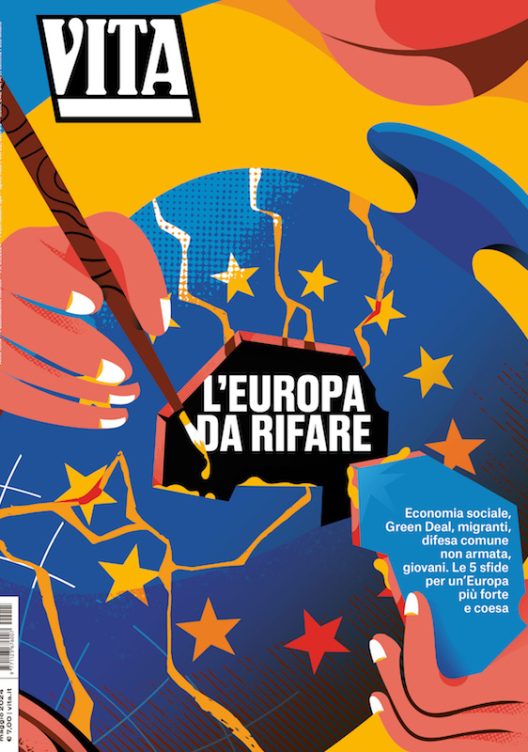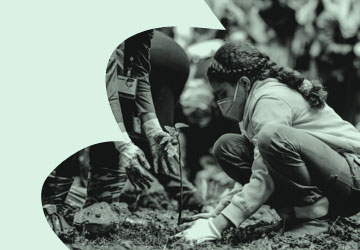Attivismo civico & Terzo settore
“Women Friendly” cities
In the course of the UN joint program "Women Friendly Cities", gender equality commissions have been set up by 6 provincial municipalities. The number of women's shelters and NGOs in the field of women's rights have increased. Gözke of Bianet reported.
di Bianet

“We placed gender equality on the agendas of the cities”, says Nevin Senol, manager of the “Women Friendly Cities” program launched in 2006 by the United Nations Ministry of the Interior and the Haci Sabanci Foundation.
In the local elections earlier this year more than half of the electorate was female. Nevertheless, no female mayor was elected in any of the metropolitan municipalities, women came to office in 2 provinces and 15 districts. 96.49 percent of the provincial councils’ members are male. The program was started to counteract this picture by working on the municipalities’ social gender awareness and by creating promising examples of “women friendly” cities.
The “Joint Program of Human Rights Protection and Development for Women and Girls” was installed in 2007 under the name of “Women Friendly Cities” in 6 different provinces all over Turkey. In the course of the program, which ends this year, various programs have been launched in Izmir, Kars, Nevsehir, Sanliurfa, Trabzon and Van. A “crisis team” for women who attempted to commit suicide, mobile health units for seasonal workers, the ‘Purple Certificate Program’ for teachers and gender equality training for local headmen are just a few examples for the projects.
Cities that see the needs of women
Senol explains that in “women friendly cities” women are included in decision-making processes and can influence them.
As part of the program the municipalities prepared local action plans for equality. After the elections in 2009 the new administration decided to continue with this plan. Gender equality commissions have been established in the provincial general councils and in the municipality councils. Other improvements were a gender-sensitive budget, new women shelters, work on establishing cooperation between women NGOs, women boards and units in the governorship and the municipalities.
Although the vast majority of provincial and municipal council members is male, commitments have been made in the course of the program. Senol evaluates these commitments as a big step towards gender equality. She indicates that political powers have to enforce regulations regarding gender equality in order to strengthen the steps already taken.
“Sustaining relations are needed”
Zozan Özgökçe of the Van Women’s Association (VAKAD) says it is very important to sustain the process of establishing institutional relations between local governments and women’s organizations, which became difficult because of the elections. Özgökçe emphasizes that this process can be accelerated by women working in the municipalities bringing in their perspective.
For cities to become women friendly the action plan envisages to design urban services by taking special needs of women into account, e.g. by establishing women shelters, nurseries, nursing homes or women centres.
Özgökçe proposes to make the cities safer, increasing the number of parks and gardens, facilitate access to women’s services and to improve the women’s social and economic life. (ÖG/EÜ/VK)
Source: www.bianet.org/english

